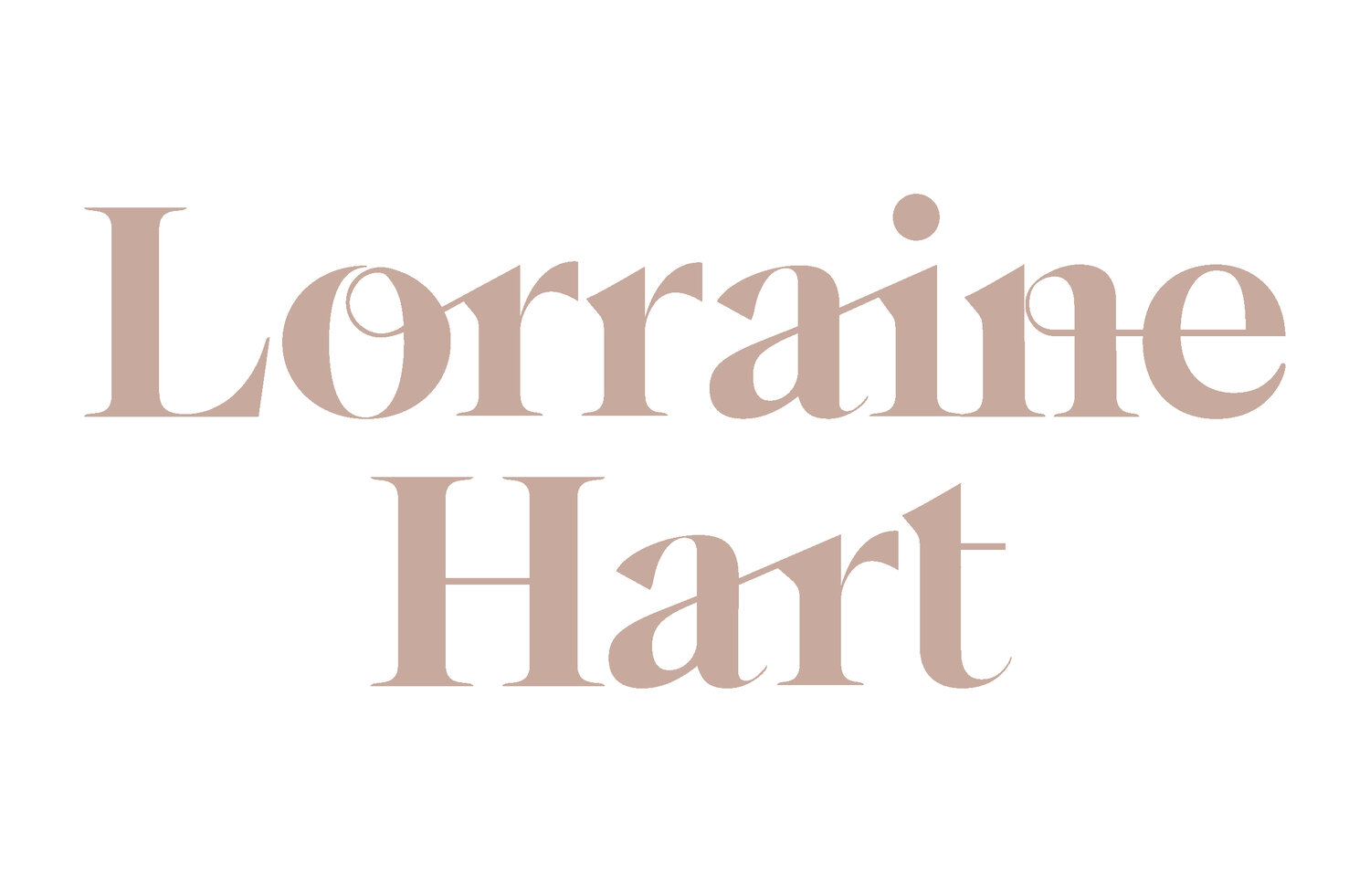Benefits of exfoliation
How to exfoliate the skin l Ask the skin care expert l Top tips for exfoliation
You are hopefully aware that keeping the skin thoroughly clean using a cleansing product is good for the skin, well so is exfoliating and maybe you have heard of the word exfoliation? The definition is ‘Exfoliation involves the removal of the oldest dead skin cells from the skin’s surface, the epidermis or the horny layer. The word comes from the Latin word exfoliare. Exfoliation is involved in most facials and can be achieved by products with granules, chemical means, or by mechanical means such as Microdermabrasion or a brush. The choice of method will be dependant on two considerations: the skin type and condition and the desired outcome.
BENEFITS
Aside from clearing away dry, dead skin cells, a regular exfoliation routine increases the cellular turnover and results in skin radiance, clarity, and youthfulness.
It unclogs the pores helping to remove dirt, oil and debris.
It helps prevent acne by cleaning the pores, it needs to be gentle.
It enables other skin products to penetrate deeper into the skin and work more effectively such as specialist serums and moisturisers.
It helps even out skin tone, smoothing the texture.
It can help break down and minimise pigmentation.
It boosts circulation and Lymphatic Drainage, increasing stimulation of oxygen-rich blood to feed and nourish the skin’s surface.
It has anti-ageing benefits by bringing new skin cells to the surface, and reducing lines and wrinkles.
It stimulates collagen synthesis, helping to keep the skin looking plump, tight, and young.
DOES MY SKIN TYPE MATTER?
It is important to know your skin type and consider which method will be best for your skin. By doing so you will eliminate the risk of irritation or any other problems, and ensure that your exfoliation works its best.
NORMAL SKIN
Normal skin can generally handle whichever exfoliating method you prefer. You may choose a stronger method such as chemical if you want to reduce pigmentation.
DRY SKIN
Face exfoliators containing AHA’s (Alpha hydroxy acids) are best at breaking through the surface of rough dry skin and ensuring that the skin gets the hydration it needs.
OILY SKIN
Both Chemical and stronger manuel methods can be used on oily skin such as brushes, scrubs with granules too.
COMBINATION SKIN
With combination skin you will need to use different types of exfoliators on different areas of the skin. Consider chemical exfoliation on oily places and a mild AHA exfoliator on dryer areas. You need to consider using granules that are finer and less scratchy such as rice bran.
SENSITIVE SKIN
If your skin is prone to get irritated by new products, look for a face exfoliator with BHA’s (beta hydroxy acids) as these are considered less irritant than other chemicals or ingredients. If in doubt patch test first.
ACNE PRONE SKIN
With acne prone skin the choice would be salicylic acid, glycolic acid or retinoids. Avoid exfoliation tools like brushes or over exfoliating your skin which may further stimulate oil production and irritation.
Professional treatments include Microdermabrasion which can be used on all skin types as the crystals are very fine and the machine can be set on different levels for different skin, including sensitive skin. Skin that has inflamed pustule acne would be avoided with this treatment as bacteria could be spread across the skin and the skin may be too inflamed and irritated.
Chemical peels involve a chemical solution being applied to the skin and several layers of dead skin being removed, a patch test is performed 24 hours beforehand. Good for older ageing skin or sun damaged skin.
HOW TO EXFOLIATE
It depends very much on the type of exfoliator but most are massaged gently into damp skin with the fingertips in circular motion and then rinsed off. Some exfoliators containing enzymes are left on the skin for 10 minutes and then removed with water. The enzymes break down the cellular glue around the skin cells. Larger areas on the body can be done in the shower with a brush or sponge with short light strokes. Rinse with warm water, sensitive areas such as the bikini line should be done more gently.
HOW OFTEN SHOULD I EXFOLIATE?
This will depend on your skin type or concern, oily skin will require more exfoliation than other skin types and can be done 4 to 5 times a week. A sensitive or acne prone skin must not be over exfoliated and needs much less, just once a week, although acne skin can be cleansed with a salicylic acid cleanser daily to clean out the pores. Additionally some forms of chemical exfoliation are quite strong, so these should be used far less. It’s important to not overdo it, always read the instructions on the product box, and get professional help and advice if you are unclear.
Happy exfoliating!

